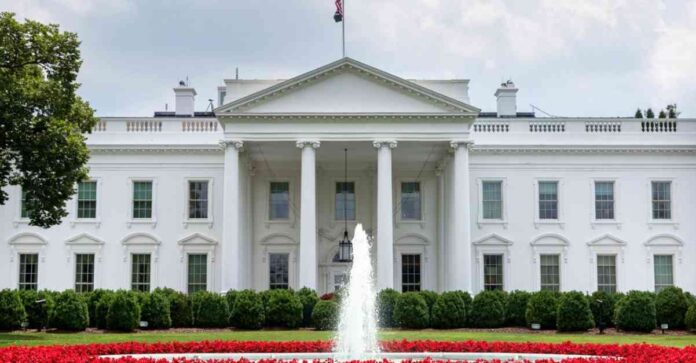New Year’s Day Tradition at the White House
For over a century, the New Year’s Day reception at the White House was the highlight of Washington D.C.’s social calendar, welcoming thousands to greet the president. This grand tradition began in 1801 with John Adams and continued until Herbert Hoover hosted the last reception in 1932. At its peak in the early 1900s, over 8,000 guests would line up to shake hands with President Franklin Roosevelt and his family, a stark contrast to today’s more private presidential celebrations.
The reception was more than just a party; it symbolized the accessibility of “The People’s House.” Guests included diplomats, military officials, and everyday citizens, all eager to partake in this egalitarian gesture. The handshake became a hallmark of these gatherings, with Thomas Jefferson introducing it as a more welcoming alternative to bowing.
One of the most memorable receptions occurred in 1863 when Abraham Lincoln, amidst the Civil War, worried that his hand might tremble while signing the Emancipation Proclamation after greeting countless visitors. His resolve to sign without hesitation marked a pivotal moment in American history.
Legacy of Presidential Accessibility
As we enter 2025, the legacy of these receptions serves as a reminder of the importance of public engagement in politics. While current presidents may opt for more private celebrations—such as Biden family’s beach getaways or Obamas’ exclusive parties—the spirit of connection remains vital. The New Year’s Day reception may be a relic of the past, but its impact on presidential accessibility and public interaction endures as a significant chapter in American history.
New Year’s Plans Revealed
President-elect Donald Trump will host the annual New Year’s Eve gala at his Mar-a-Lago club on Tuesday evening this year. Trump made his holiday plans clear as he took to social media on Dec. 27 and announced that Mar-a-Lago was the “Center of the Universe” and added: “New Year’s Eve is going to be AMAZING!!!”
As we look ahead, there is speculation about how President Joe Biden will celebrate New Year’s Eve 2024, continuing a tradition that has evolved but not diminished over time.













